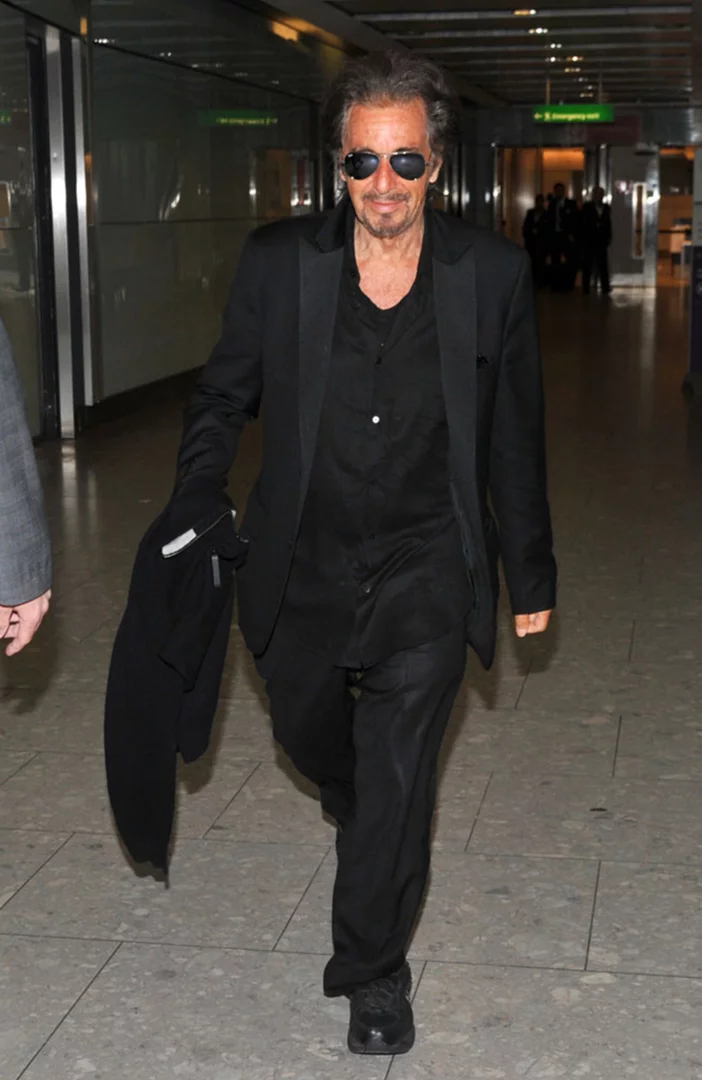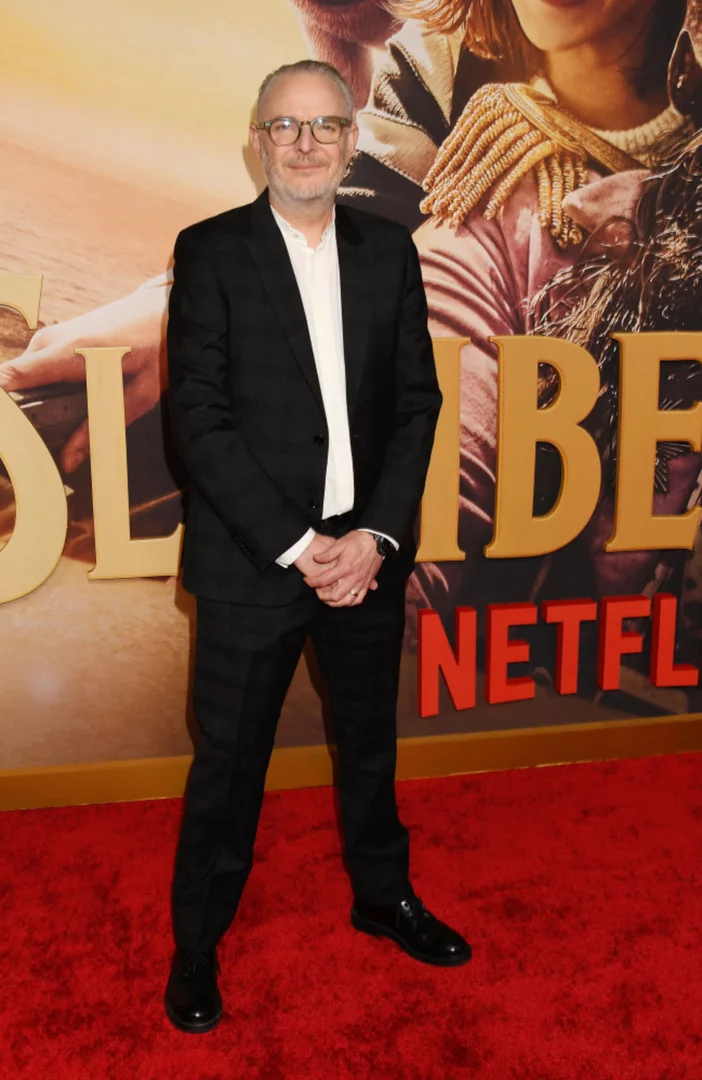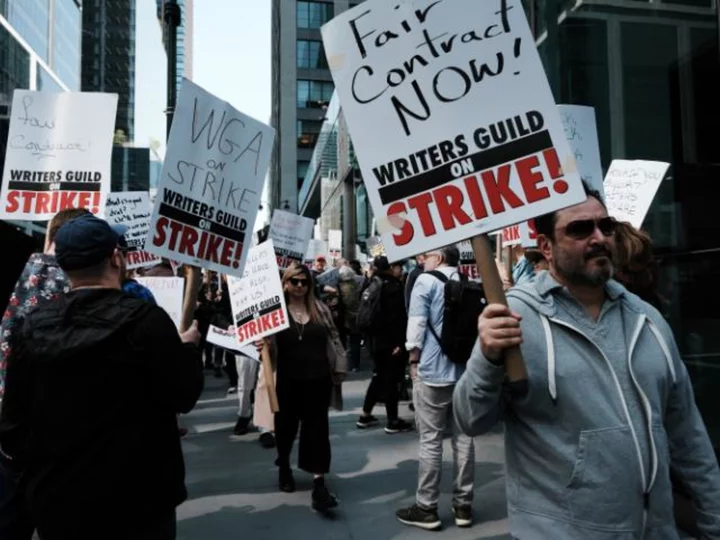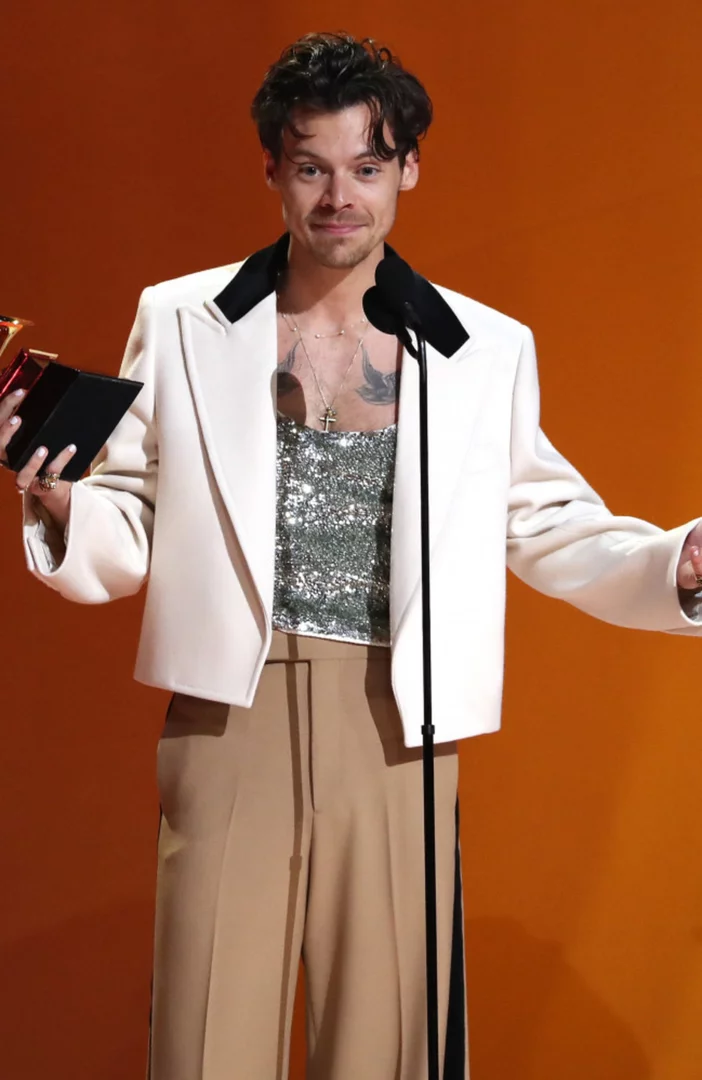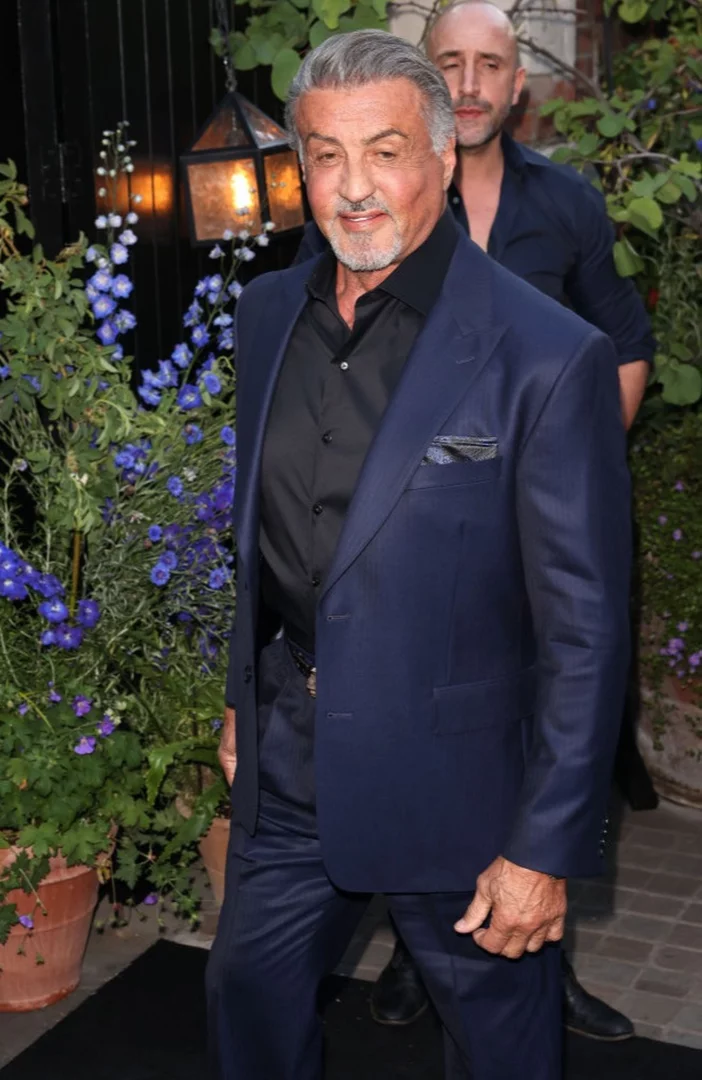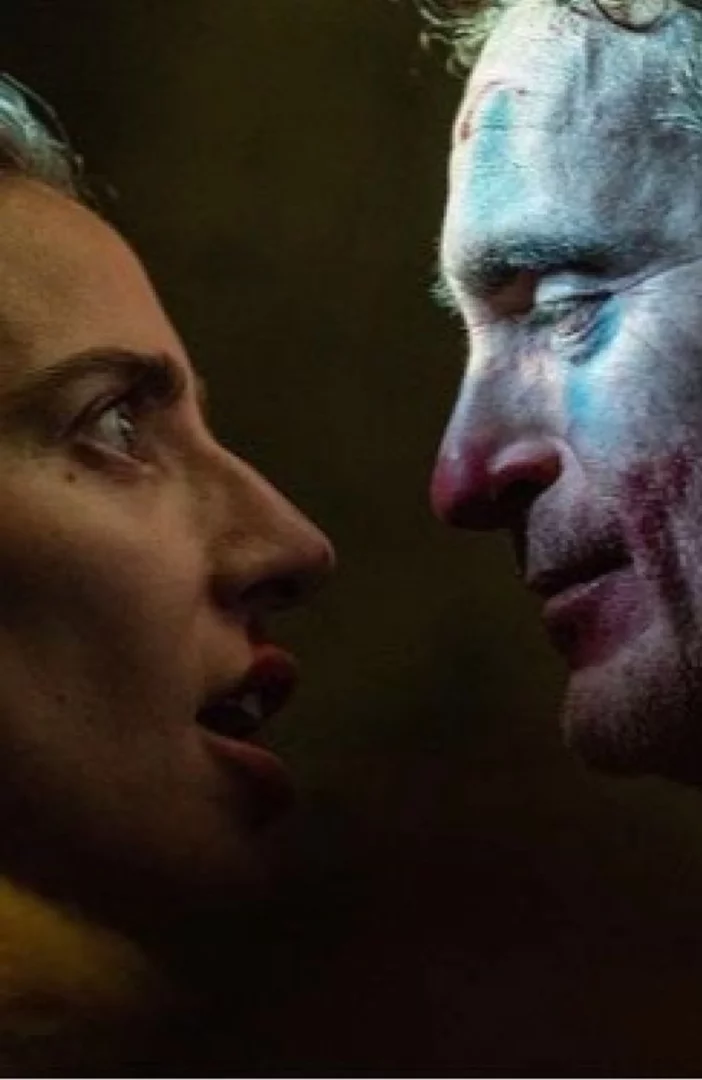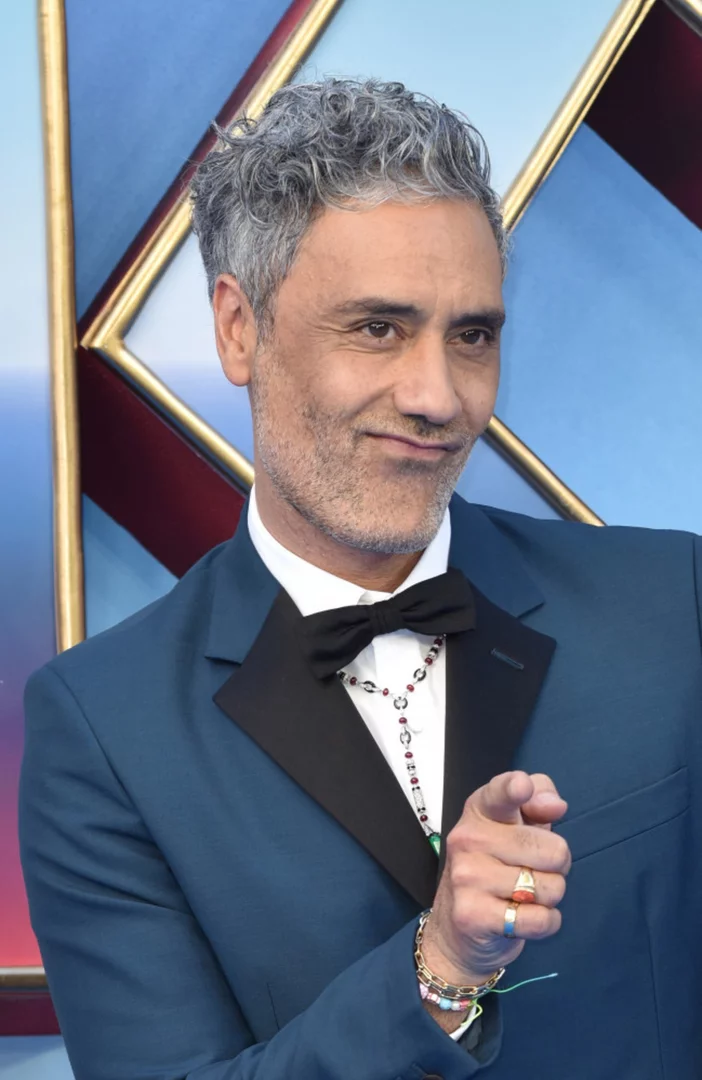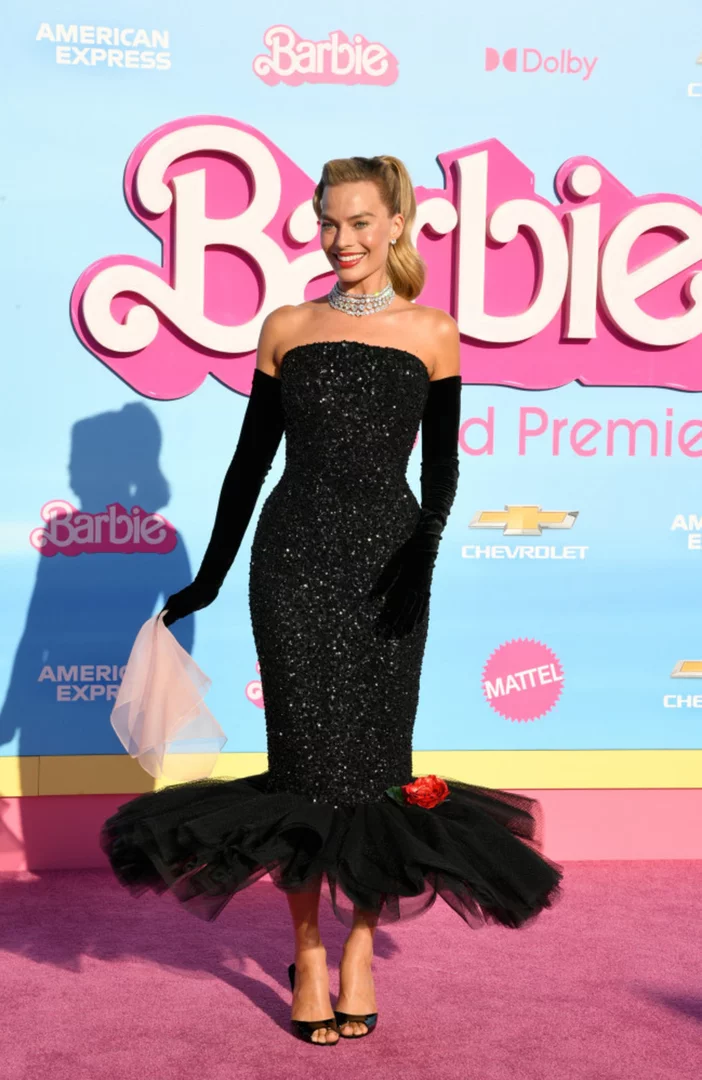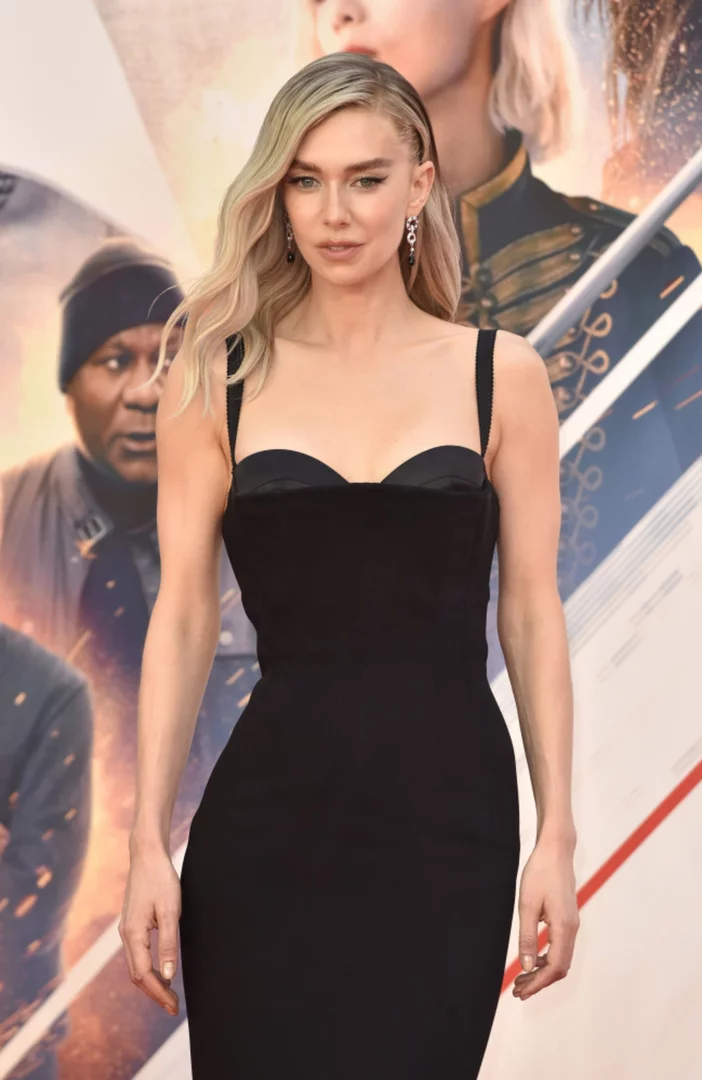Al Pacino dismissed Christopher Nolan's director's note on the set of the 2002 thriller 'Insomnia'.
The 'Oppenheimer' helmer has recalled writing his instructions for the 83-year-old Hollywood legend on a piece of paper, and him saying he'd already done what he wanted "on the dailies", but "you can't see it to the eye".
Without being specific about what he requested of the 'Godfather' icon, Nolan told The Los Angeles Times: “I had gone up to Pacino after a series of takes and given him a note on what I wanted.
“He told me, ‘I’ve already done that. You can’t see it to the eye, but I’ve done it on the dailies.’ I looked for it and I was like, ‘Oh, my God,’ because there it was.”
The filmmaker says he had a similar set experience with Cillian Murphy.
He noted: “Great film actors can do that, and that’s what I had with Cillian.”
Nolan added of the 47-year-old 'Peaky Blinders' star: “He was so conscious of his iconography, very theatrical and self-aware. It’s too simple to say he was a dandy, but he knew the power of creating an iconic physical image for himself.”
Murphy stars as J. Robert Oppenheimer, the physicist behind the nuclear bomb, and explained how he required "the bite of real-world imagery" to portray the danger of the weapon.
Speaking to Collider, he said: "There are no CGI shots in this movie.
"I think computer graphics, they're very versatile, they can do all kinds of things, but they tend to feel a bit safe. That's why they're difficult to use in horror movies. Animation tends to feel a little safe for the audience."
The 'Inception' filmmaker, 52, continued: "The Trinity test, ultimately, but also these early imaginings of Oppenheimer visualising the Quantum Realm, they had to be threatening in some way. They had to have the bite of real-world imagery. The Trinity test, for those who were there, was the most beautiful and terrifying thing simultaneously, and that's where we were headed for this film."
Nolan also detailed the painstaking editing process that goes into his blockbusters.
He explained: "Structurally, the films tend to be fairly disciplined, and things transform over time. The approach Jen Lame, my editor, and myself take is to view the film as a whole.
"So we're watching it every week. We're putting it up, usually inviting one or two people in who don't know anything about the script to watch it with us and see it through their eyes."
He added: "Every film presents unique challenges. There's a feeling of confluence at the end. But every film is different.
"Some films are improved in the edit suite through tightening and speeding things up a lot, and that's very often our process."

